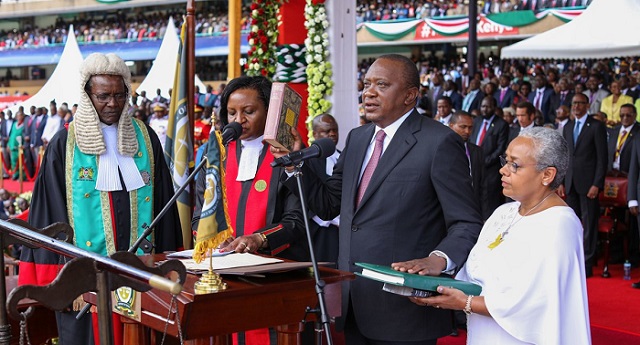
Kaheru said Justice Remmy Kasule’s proposal can only apply if the six countries that make up the East African Community are already into a political federation.
“That changes the dynamics (because) it is not about the individual states anymore but the EAC federation.”
“Beyond that, the proposal sounds far-fetched because the biggest issue would be to crack the sovereignty question,” he said.
Fredrick Ruhindi, a former Attorney General of Uganda also told The Independent that since the East African countries are sovereign states at the moment, they each have their own jurisdictions to settle internal disputes, including election petitions.
If they federate as East Africa, there is no harm in getting a Supreme Court for East Africa but at the moment, we are sovereign states, he said.
“I think what we should be advocating for are strong institutions,” he said.
“Even those regional or continental courts you want, we always say, before you go there, you must make sure you have exhausted the local remedies.”
“For as long as we are still independent and sovereign states, we need to strengthen our own institutions to handle our challenges and when we go into a robust East African federation, then we can actually think in terms of institutions at that level, including the Supreme Court,” Ruhindi said.
“What would be the purpose of that Supreme Court?” says Hippo Twebaze, a political and public policy analyst. He told The Independent on Dec. 8 that since the power contestations and the contexts in which the presidential election petitions arise in each of these countries are different, such a court would serve no purpose.
Twebaze also notes that that arrangement can only work unless the East African Community states’ sovereignty question is dealt with decisively. The political context within the East African Community states is for now different and this is strengthened by the separate countries’ sovereignty which cannot give that kind of decision legitimacy, he said.
Dr. Livingstone Sewanyana, the executive director of Foundation for Human Rights Initiative (FHRI) told The Independent that at the East African Community level, the East African Court of Justice could do the job if the challenge of the doctrine of state sovereignty could be overcome.
According to him, the mandate of the East African Court of Justice should be widened to make the decisions of that Court binding on all member countries.
“It must not only be widened and broadened, it must also take on new mandate so that its decisions do not stop at being persuasive but also become binding,” he says. Still, experts argue that the failure to put in place an effective electoral dispute mechanism can seriously undermine the legitimacy of electoral processes.
 The Independent Uganda: You get the Truth we Pay the Price
The Independent Uganda: You get the Truth we Pay the Price


